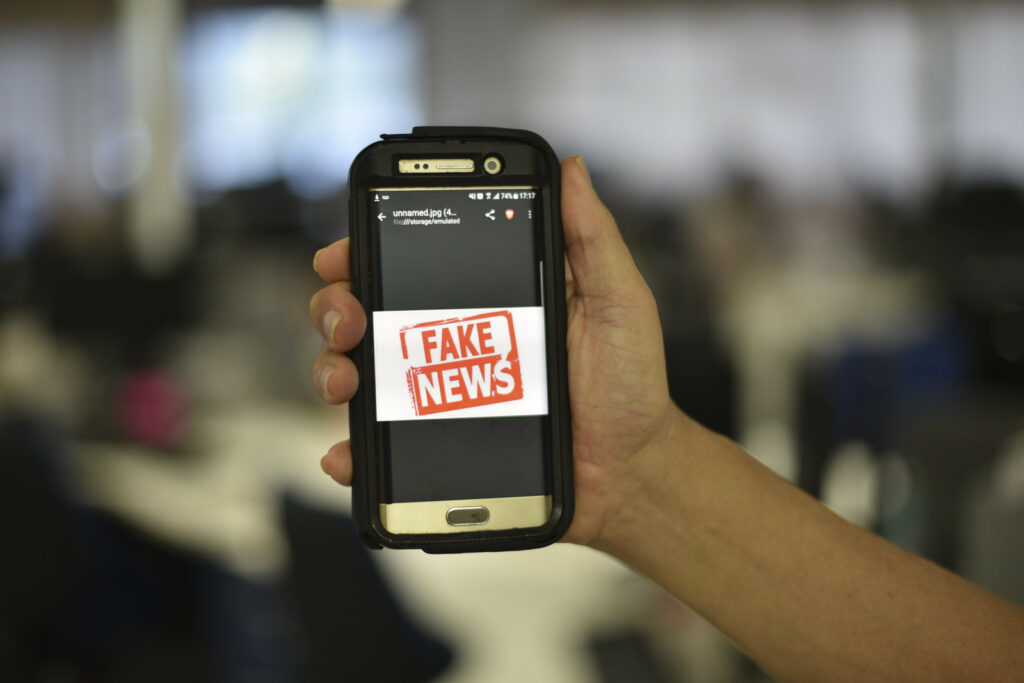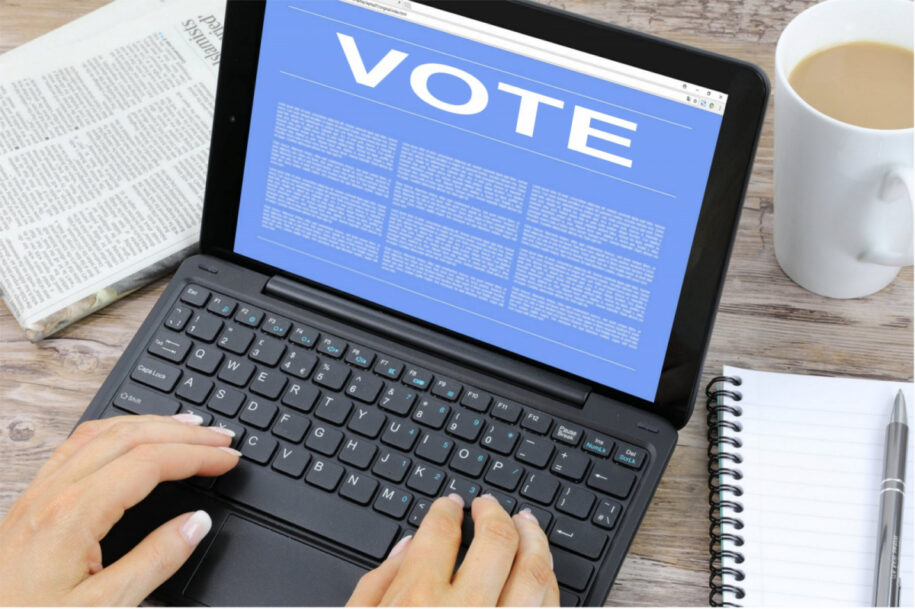Politicians are making their way onto social media platforms. Candidates are creating accounts on Twitter and Facebook to push their electoral campaigns. Barack Obama even won the presidential elections in 2008 because of his strong online presence. This just goes to show how influential a space the internet is.
In this article, let’s find out why social media has affected political campaigns and how significant are the effects.
Table of Contents
How Polls on Social Media Influence Political Campaigns
Gathering social weather reports have never been easier. Since most of the population has a social media account, researchers can now simply send surveys online with a click of the mouse. The gathering of replies only takes hours, and the results can be immediately posted and updated online, as well.
The poll displayed online can sway the constituents’ views on political candidates. Even without researching a candidate, voters will draw conclusions based on the poll results. Seeing a candidate receive so many votes may lead people to think that that person must be good and should therefore receive their vote, too.
This, of course, is not a display of sound judgment. But this is a known psychological phenomenon called the “bandwagon effect.” This is when a person witnesses a big group of people doing something, and the person is influenced to do the same thing and hop on the bandwagon without thought or reason. This probably stems from a human’s craving for social acceptance. Showing your agreement with the choice of the majority instantly gains you their approval. Also, a lot of people can’t be wrong, right?
Online polls definitely have a significant influence on people’s votes. However, multiple polls can show varying results. It then makes one wonder if some polls are rigged to favor a candidate just to influence other voters…
People Can Interact With Politicians via Social Media Directly
Citizens love it when their favorite politician shows up in public and gives a speech in their area. They are treated like celebrities with a solid fan base.
With the help of social media, this effect has carried on to the internet. That when politicians create an online account, their fans follow them and hang on to their every post.
Social media platforms have made politicians accessible to the people. They can now interact directly through comments and messages to express their concerns or simply show their support. They no longer have to send snail mail or fall in line at the offices to talk with the politicians.
Responsive politicians on social media gain more supporters as they are perceived to be more friendly and concerned about the citizens. Their political campaigning can also include opinions on social issues and political issues that social media users will see online and can agree with and reshare. The full-on support of their followers online will attract more supporters for the politician.
The more intimate environment of social sites provides a venue for politicians to connect personally with their constituents. Even aspiring politicians can now be known by more people through the internet. It costs huge amounts of money to make personal appearances and host concerts in different cities. But the free use of social media gives political newcomers a chance at popularity at less cost.
The humanizing effect of direct social media contact does make people love a candidate more. But is it really the candidate’s thoughts that are posted on their social accounts? Only their social media manager can tell.

Fake News on Social Media
Disinformation has been a widespread concern in recent years. People tend to share online articles on their social media posts without even reading said articles or fact-checking them. The people just read the headline, which is often misleading, they agree with what is in the title and caption and then immediately reshare the content. This led to the spread of uninformed political content over the years.
Politicians take advantage of the people who merely reshare their content to gain popularity, even though the content itself is full of nonsense and fallacies. Some politicians even throw shade at their competitors without factual basis and people will blindly believe them without finding out the truth. It is the sad and sorry state of the political online landscape.
To combat this unjust propaganda, there have been social media campaigns to fight disinformation. Videos and online posters were made to teach people proper online content protocols. However, these educational campaigns are not enough to stop die-hard fans of politicians from spreading fake news and propaganda on social media.
Troll Farms and Bots on Social Media
Trolling and harassment are not new concepts on the political battlefield. These are known arsenals to try and get the upper hand among opposing parties. With the advent of social media, the trolls are just given a new platform on which to wreak havoc.
Trolls and bots are employed by political parties or initiated by supporters to sling mud at the competition. They spam the comments with pointless chatter and leave nasty statements on a candidate’s social media account. Since social sites are akin to public forums, you can’t really forbid or ban users from public officials’ accounts.
What social media managers can do is encourage a sense of community in their followers and simply ignore the trolls, which are always present in any political environment.
Takeaway
Social media platforms have made political campaigning easier and less costly. However, too much freedom to post anything has led to an abundance of trolls, fake news, and propaganda materials on the sites.Social media companies and managers can only do so much filtering without encroaching on the people’s right to freedom of speech. It is still up to people to read and use critical thinking whenever they encounter social media content. Because not everything on the internet is true, it could just be propaganda on social media for political campaigns of some unsavory politician.
- Social Media Evolution: Tracing the Origins and History - October 2, 2023
- The Power of Social Media Influencers: Top Influencer Impact - October 2, 2023
- Cracking the Code: Understanding and Navigating Social Media Algorithms - October 2, 2023

